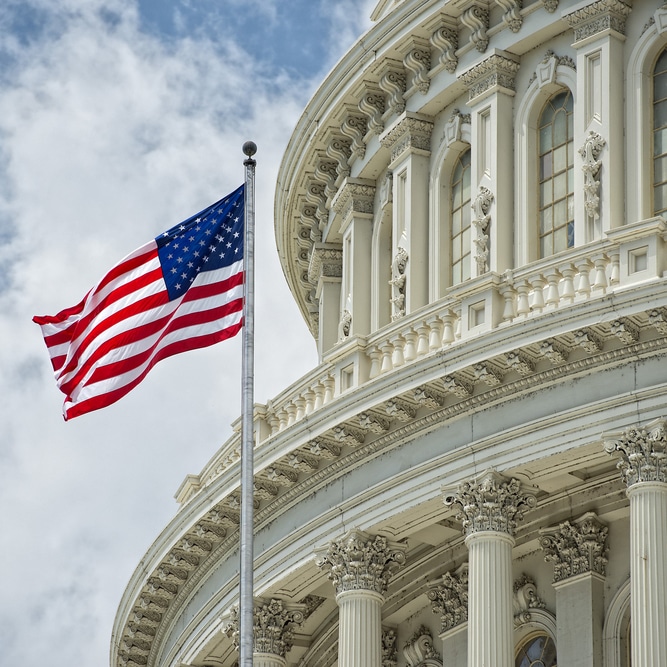Our Goal Is Simple
We provide the best corporate lodging options at the best rates.
24/7 Accessibility
Your Globeo team manages every detail from booking to final expense reconciliation, which saves you time and delivers the best lodging solution experience.
Multiple Device Access
You get a comprehensive view of all of your lodging details through our online booking portal which can be accessed on all of your devices.
About Us
Globeo provides corporate lodging solutions for crew travel throughout the USA, Canada and Mexico. Our comprehensive reporting and 24/7 concierge service is powered by our online booking portal.

Effortless Crew Accommodations
We provide effortless crew accommodation services to all of our clients at the lowest rates. Calling hotels for rates, availability, and location and then booking reservations is a time consuming process. We manage Crew Rosters and reserve meeting rooms, which avoids overcharges or charges for unoccupied rooms. Let Globeo simplify your crew accommodation process at costs up to 35% less than published rates.
Globeo Contracted Hotels

Globeo Advantage
At Globeo we provide concierge client service, and deliver the best corporate lodging experience. Client service is not just something that we say, it is something that we live by.

Low Contracted Rates
Globeo eliminates wasted lodging costs. No show charges are minimized or eliminated.

Effortless Online Booking Portal
Our online booking portal makes securing rooms fast and easy. Booking is easy with our intuitive software.

Your Preferred Hotel Brands

One Weekly Invoice
We manage your complicated hotel invoices. Globeo accommodates multiple cost codes per your specifications.

24/7/365 Concierge Service
Globeo is always there for you day in and day out.
Quality Lodging At Cost Effective Rates
Partner Hotels
Globeo and our partners are the most trusted FULL-SERVICE LODGING RESOURCE for today’s mobile workforces.










What Our Clients Are Saying...


















